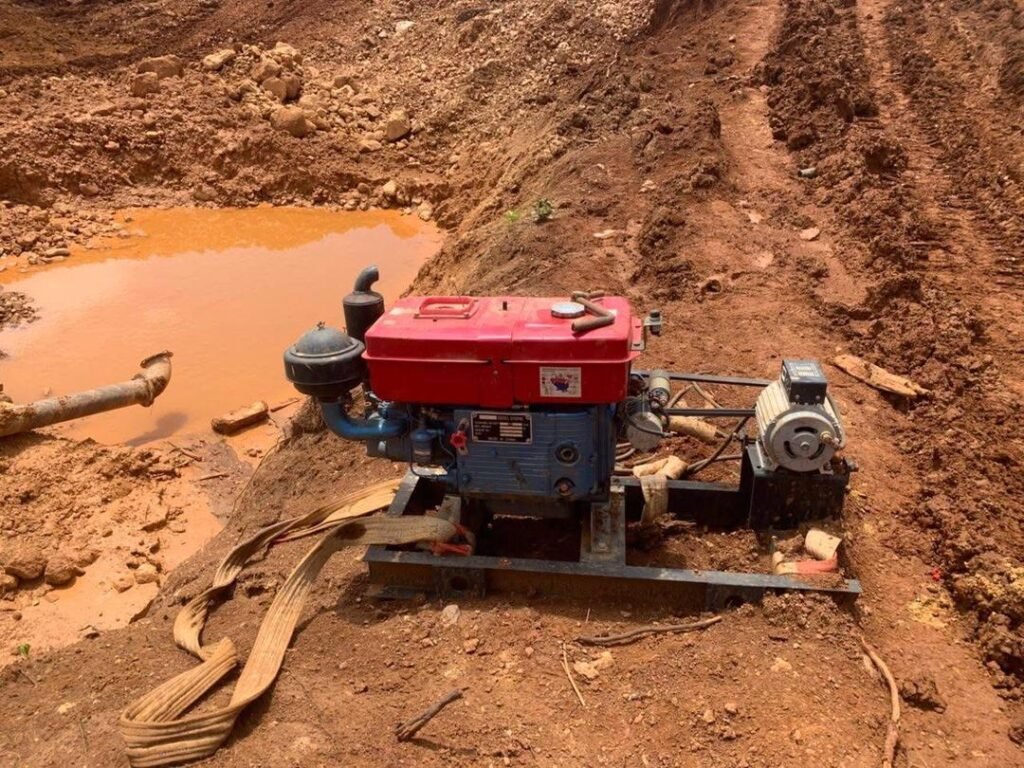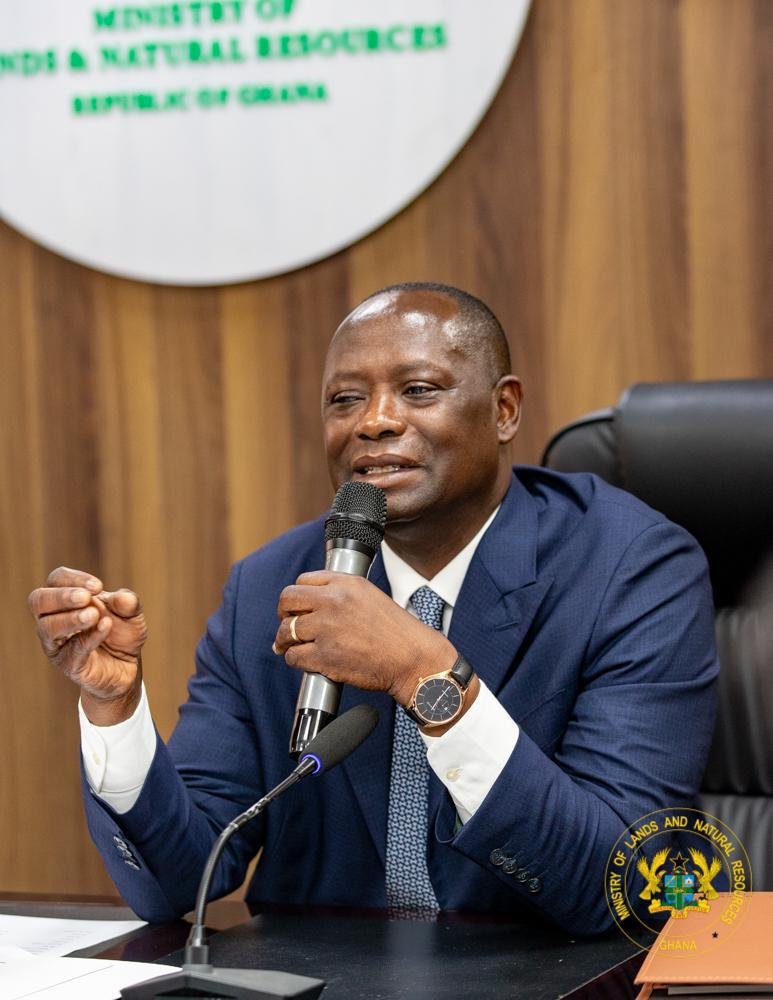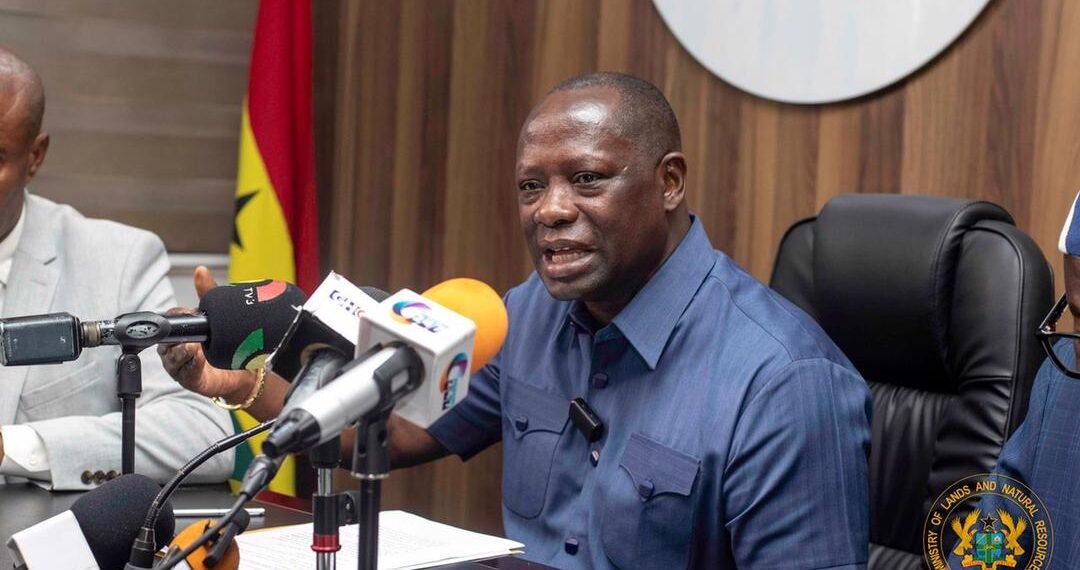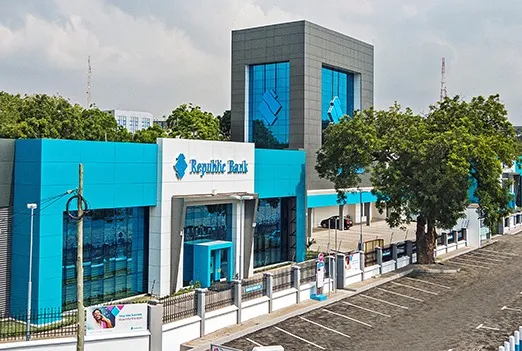The Ministry of Lands and Natural Resources has revealed that it has taken a firm stance against all forms of illegal and unsustainable mining practices in the country, launching a comprehensive auditing process that targets both small-scale and large-scale mining operations.
This decisive move, as outlined by Ms. Ama Mawusi Mawuenyefia, the Director of Communications at the Ministry, aims to ensure responsible and ethical extraction of the country’s mineral resources.
Mawuenyefia emphasized that the Ministry’s approach is multi-pronged, addressing the complexities of the mining landscape without leaving any area unexamined.
“We have an audit team that is on the ground, checking the processes and documentation of even the large-scale mining companies, whether they are international or Ghanaian-owned. It doesn’t matter whether you’re a multinational or you’re not, once you are found engaged in illegalities, the law will take its course.”
Ms. Ama Mawusi Mawuenyefia,
Ministry’s Initiatives

The Ministry of Lands and Natural Resources has been leading the fight against irresponsible and unsustainable mining practices in Ghana. This comprehensive auditing of mining licenses form part of one of the key initiatives undertaken by the ministry in combating this illegal practices.
As Mawuenyefia highlighted, the ministry recently conducted an audit of small-scale mining licenses, reviewing over 1,278 licenses, of which only 316 were found to be in good standing. This exercise led to the revocation of 278 small-scale mining licenses, underscoring the ministry’s determination to address the issue of illegal mining activities.
Furthermore, the ministry has taken a firm stance against mining in forest reserves, a practice that was previously permitted under certain frameworks.
The ministry has made it clear that beyond the specified companies already operating in these reserves, no other entities are allowed to engage in mining activities within these protected areas.
To enforce these policies, the ministry empowered the National Anti-illegal Mining Operations Secretariat (NAIMOS) to intervene and “flush out” any individuals or entities found to be mining illegally in the forest reserves.
This collaborative approach between the ministry and the regulatory bodies ensures that the rule of law is upheld and the country’s natural resources are protected.
Illegal Mining Complexities

The ministry through Ms. Mawuenyefia acknowledged the nuances in the term “illegal mining,” highlighting that it is not always synonymous with small-scale mining. She emphasized that both small-scale and large-scale mining companies can be engaged in illegal and unsustainable practices, underscoring the need for a comprehensive approach.
The ministry’s current auditing efforts extend beyond small-scale operators, targeting large-scale mining companies as well.
Mawuenyefia noted that the ministry is examining whether these companies are fulfilling their obligations, such as conducting proper reclamation exercises, to ensure compliance with the relevant laws and regulations.
“If it means we need to revoke those licenses, those licenses will be revoked. If we need to fine them, they will be fined. All of those things have been taken care of,” Mawuenyefia vehemently stated, demonstrating the ministry’s stern commitment to holding all mining operators accountable, regardless of their scale or ownership structure.
Responsible and Sustainable Mining

The Ministry of Lands and Natural Resources’ multi-pronged strategy aims to address the root causes of illegal and unsustainable mining practices in Ghana. By targeting both small-scale and large-scale operators, the ministry is sending a clear message that compliance with environmental regulations, community engagement, and responsible extraction of mineral resources are non-negotiable.
Through initiatives like the comprehensive auditing process and the enforcement actions taken by NAIMOS, the ministry is actively working to transform the mining industry in Ghana.
This holistic approach not only focuses on addressing immediate infractions but also lays the groundwork for a more sustainable and environmentally-conscious mining sector in the long run.
While the ministry continues to champion responsible and ethical mining practices, the mining and extractive industry in Ghana can expect heightened scrutiny and decisive action against any form of illegal or unsustainable operations.
This unwavering commitment to upholding the law and protecting the country’s natural resources deeply highlights the ministry’s role as a steadfast guardian of Ghana’s mineral wealth.
READ ALSO: Domestic Production Drove Economic Growth in 2025H1 to 6.3% – Ato Forson






















